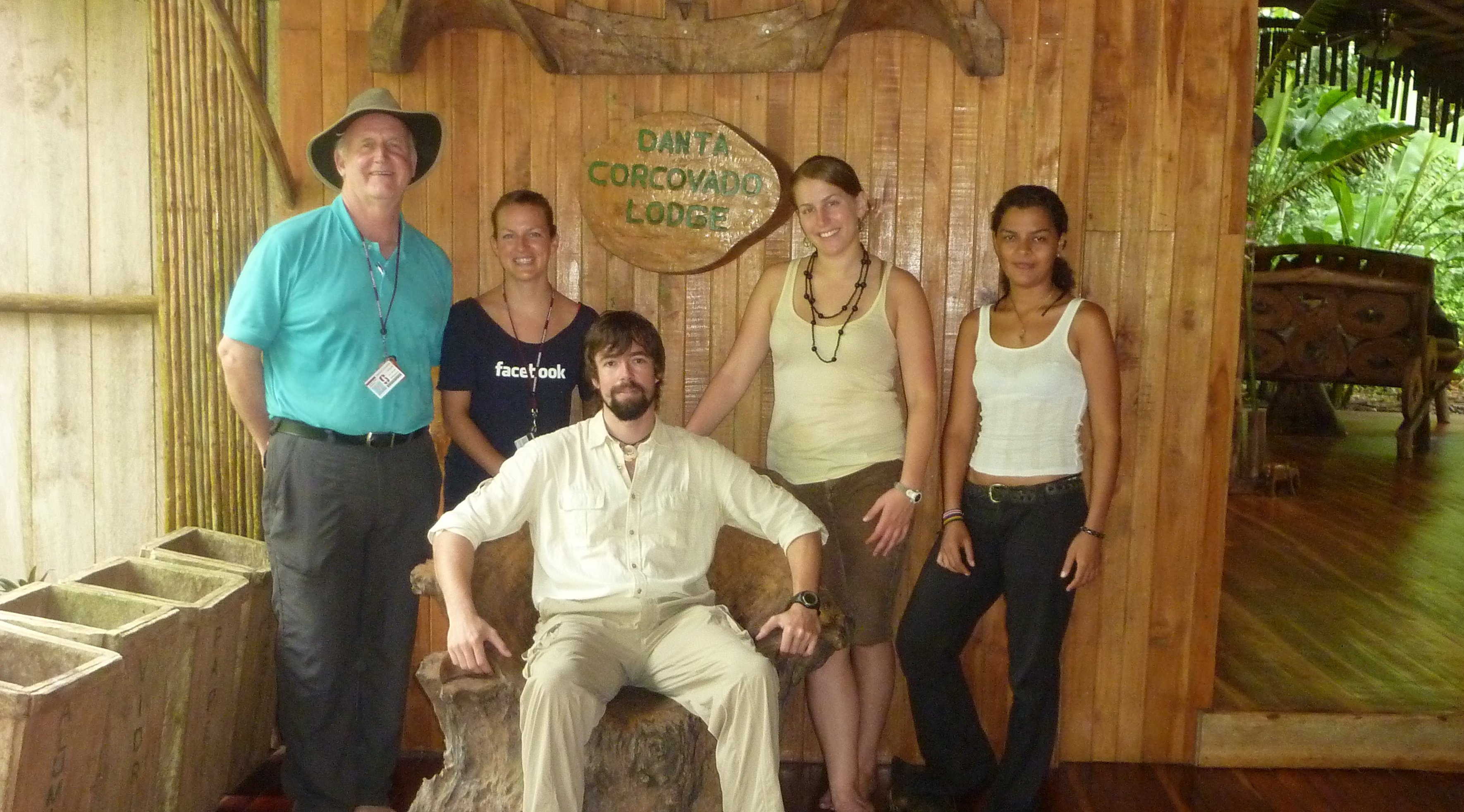
The Stanford-based Center for Responsible Travel (CREST) will hold its second Executive Symposium for Innovators in Coastal Tourism in Los Cabos, Mexico, in May.
CREST, which has offices both at Stanford and in Washington, D.C., researches methods by which tourism—one of the world’s most profitable industries—can be used as a tool for preventing poverty and environmental degradation around the world. Stanford undergraduates, graduates and postdoctoral students research a variety of destinations around the world, from the Galapagos to Peru.
The Executive Symposium will be modeled on the executive seminars held at the Stanford School of Business to promote collaboration between experts in the field from all over the world about new ways of looking at tourism and ideas for promoting social and environmental change.
CREST was founded in 2003 by Bill Durham ‘71, a professor of anthropology, and Martha Honey, director of the Peace and Security Program at the Institute for Policy Studies, who now manages the Washington, D.C. office. Durham, who had done a lot of research abroad in his field, became fully aware of the impacts of tourism after traveling in the Galapagos.
“I saw that tourism was undermining the very isolation that made Galapagos special,” Durham said.
According to Durham, the Galapagos have become an incredibly popular vacation destination, but many tourists often come accompanied by non-indigenous species and environmental degradation.
“The islands that convinced Darwin of a long history to life were falling apart before my eyes,” he said.
This concern with the deteriorating environment of the Galapagos in turn became part of Durham’s motivation for founding CREST.
“The study of tourism in places like the Galapagos and the Amazon Rainforest might be a way to return some of the benefits of a career working in these areas,” he said.
The other piece fell into place in 2002 when one of Durham’s postdoctoral students suggested holding a conference at Stanford to discuss ecotourism and mass tourism, which attracted a lot of interest.
After the session’s success, many in the ecotourism community, including Honey, were excited about continuing such research and discussions. Honey even suggested the creation of a bi-coastal research institute with Stanford and Washington offices, enabling them to interact with policy and lawmakers, as well as the international community at large.
Durham and Honey began CREST by approaching foundations, starting with the Ford Foundation, which Durham said was immediately interested in the proposal because it is a “socially responsible arm for environmental intervention and had history of building standards in commerce and trade.” Ford gave CREST an official grant 10 years ago, allowing the program to take off.
Since it was founded, CREST has worked to create a new framework for tourism, supporting values and philosophies that put the environment and indigenous people first and the “vacation” second. The upcoming conference aims to further this mission, according to CREST.
Claire Menke ‘10 M.S. ‘11, a researcher in the Department of Anthropology at Stanford and a member of CREST, believes that the conference is pivotal in propelling the organization’s impact to a wider audience.
“The conference will further the goal of creating most sustainable tourist operation possible,” she said.
In the coming years, CREST hopes to secure a standard for green tourism by ensuring that revenue from tourism goes back to a local community, in addition to promoting ecotourism on campus and elsewhere.
“I have nothing against sun and sand, but I want to build in people and habitats,” Durham said.
